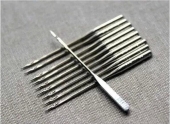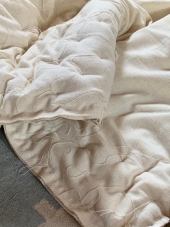
 7
7




Visit Redhawk's soil series: https://permies.com/wiki/redhawk-soil
How permies.com works: https://permies.com/wiki/34193/permies-works-links-threads
 4
4




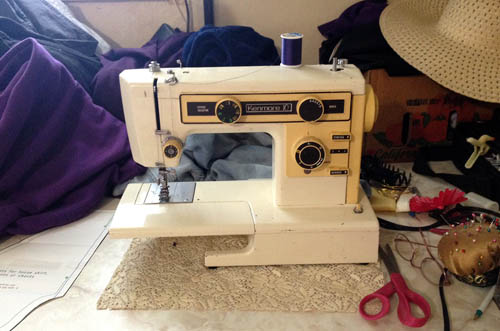
Gardens in my mind never need water
Castles in the air never have a wet basement
Well made buildings are fractal -- equally intelligent design at every level of detail.
Bright sparks remind others that they too can dance
What I am looking for is looking for me too!

 6
6




“It’s said war—war never changes. Men do, through the roads they walk. And this road—has reached its end.”
 9
9




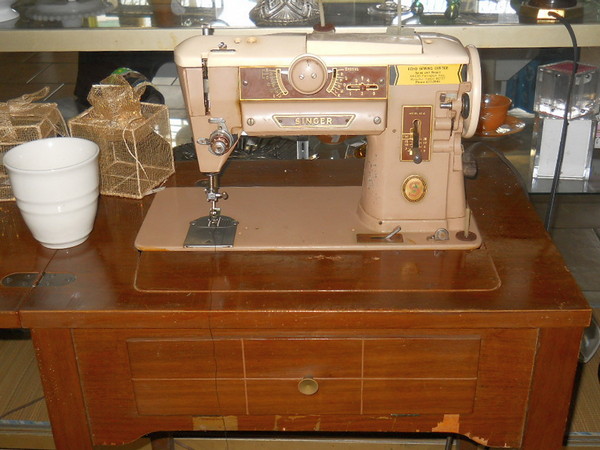
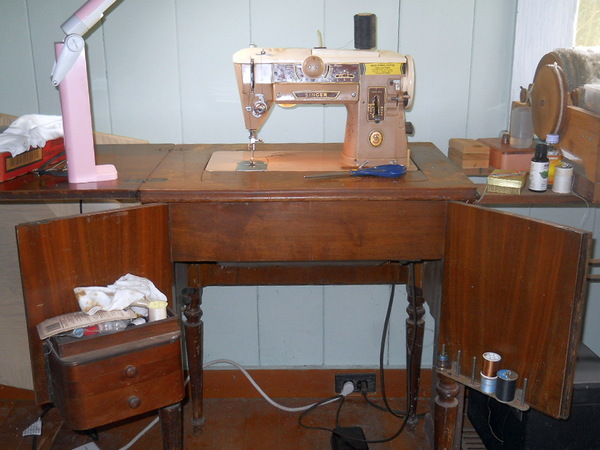




 7
7




 4
4




Glenn Herbert wrote:I also have my mother's Singer which I believe she got as a girl in the forties, a beautiful wasp-waisted black machine with gold pinstriping (and no discernible model number).
Gardens in my mind never need water
Castles in the air never have a wet basement
Well made buildings are fractal -- equally intelligent design at every level of detail.
Bright sparks remind others that they too can dance
What I am looking for is looking for me too!


 2
2





 3
3





 6
6




 2
2




 4
4




Pearl Sutton wrote:
If you can find the stamped serial number (often on a small plate on the front or back of them) there are places on the net Singer Sewing Machine Serial Number Database where you can look it up.
If yours has no serial number, maybe this info will help others.
Remember, moderation in all things, except, perhaps, dietary diversity!
-- James A. Duke
 3
3




William Bagwell wrote:
Pearl Sutton wrote:
If you can find the stamped serial number (often on a small plate on the front or back of them) there are places on the net Singer Sewing Machine Serial Number Database where you can look it up.
If yours has no serial number, maybe this info will help others.
Thank you! Found a similar data base today with a Goggle search that only tells date of manufacture. Interesting trivia to know but useless for looking for spare parts or a manual. Wife's grandmothers Singer model 66 from 1950 is soon to run again!
Gardens in my mind never need water
Castles in the air never have a wet basement
Well made buildings are fractal -- equally intelligent design at every level of detail.
Bright sparks remind others that they too can dance
What I am looking for is looking for me too!

 6
6




Visit Redhawk's soil series: https://permies.com/wiki/redhawk-soil
How permies.com works: https://permies.com/wiki/34193/permies-works-links-threads
 7
7




Jay Angler wrote:This is sideways for this topic, but my son found this video on the principles and evolution of machine sewing, and I couldn't think of a better spot to put it:
Remember, moderation in all things, except, perhaps, dietary diversity!
-- James A. Duke
 5
5




Visit Redhawk's soil series: https://permies.com/wiki/redhawk-soil
How permies.com works: https://permies.com/wiki/34193/permies-works-links-threads
 8
8




Jay Angler wrote:William Bagwell, if you do some restoration work, please take lots of pictures. I'm sure I'm not the only one who'd be interested!
Remember, moderation in all things, except, perhaps, dietary diversity!
-- James A. Duke
 9
9




 2
2




I think your collection is awesome! I think many older people also still have that desire to see things like boots and clothing repaired instead of just tossed out because of a small fault.Eloise Rock wrote:Anyways, all our machines seem to fit the “built to last” objective so I thought I’d share what we have. I have learned that befriending older people can gain you not only years of wisdom and insight, but occasionally a useful item that would otherwise be hard to acquire. Two of our machines came from people who had something great and wanted it to continue to be used.
Visit Redhawk's soil series: https://permies.com/wiki/redhawk-soil
How permies.com works: https://permies.com/wiki/34193/permies-works-links-threads
 5
5




Eloise Rock wrote:It has a long arm and the foot can rotate 360 degrees so you can sew in any direction. I think it’s called the Singer Boot Patcher. You can put the shaft of a boot in the arm and sew around it or along it longways

Gardens in my mind never need water
Castles in the air never have a wet basement
Well made buildings are fractal -- equally intelligent design at every level of detail.
Bright sparks remind others that they too can dance
What I am looking for is looking for me too!

 2
2




"The only thing...more expensive than education is ignorance."~Ben Franklin
"We can easily forgive a child who is afraid of the dark; the real tragedy of life is when men are afraid of the light." ~ Plato
 4
4




William Bagwell wrote:
The 1950 pictured above has the flat black finish. Wife has researched it and they warn to never use water to clean. Rubbing it down with sewing machine oil is the recommended way to clean.
Remember, moderation in all things, except, perhaps, dietary diversity!
-- James A. Duke

| I agree. Here's the link: http://stoves2.com |


